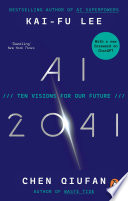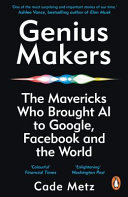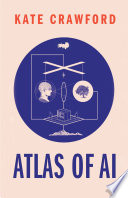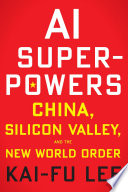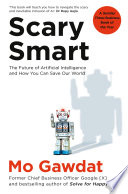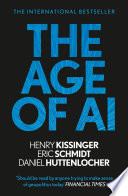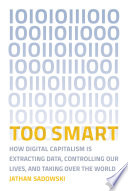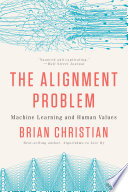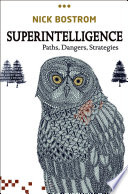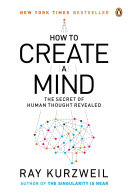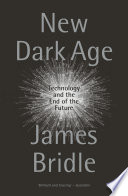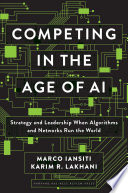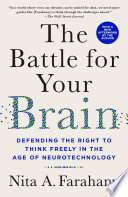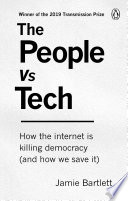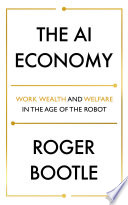Summary
AI 2041 is a thought-provoking exploration of the future of artificial intelligence and its potential impact on society by the year 2041. Co-authored by renowned science fiction writer Liu Cixin and AI expert Kai-Fu Lee, the book combines imaginative storytelling with insightful analysis, presenting a series of interconnected narratives that illustrate the diverse ways AI will shape our lives. Each chapter presents a fictional scenario that highlights a specific aspect of AI, from its integration into daily routines to its role in addressing global challenges. Through these stories, readers are invited to envision a future where AI enhances human capabilities, transforms industries, and raises critical ethical questions.
The book emphasizes the importance of understanding the implications of AI technology, urging readers to consider not only the benefits but also the potential risks associated with its widespread adoption. The authors advocate for responsible AI development, emphasizing the need for ethical frameworks and governance to ensure that technology serves humanity's best interests. The narratives prompt reflection on the balance between innovation and caution, encouraging readers to engage in discussions about the societal impact of AI.
Another key theme is the future of work in an AI-driven economy. The book explores the potential for job displacement and the necessity of reskilling the workforce to adapt to changing demands. It highlights the importance of human skills that complement AI technologies, such as creativity, empathy, and critical thinking. Through the characters' journeys, readers are inspired to embrace lifelong learning and adaptability as essential traits for navigating the evolving job landscape.
AI 2041 also delves into the cultural impacts of AI, examining how technology influences human relationships, communication, and creativity. The stories raise questions about authenticity and the nature of human connection in a world increasingly mediated by machines. The authors encourage readers to reflect on their own interactions with technology and its implications for cultural identity.
Ultimately, the book serves as both a cautionary tale and an optimistic vision of the future. It challenges readers to think critically about the role of AI in society and their own responsibilities in shaping its development. By blending fiction with expert insights, AI 2041 provides a compelling narrative that engages readers and fosters a deeper understanding of the complexities surrounding artificial intelligence. The book is a call to action for individuals, policymakers, and technologists to collaborate in creating a future where AI enhances human potential while safeguarding ethical considerations.
In conclusion, AI 2041 is a must-read for anyone interested in the future of technology and its implications for society. It offers a unique perspective that combines storytelling with thoughtful analysis, making it accessible to a wide audience. Whether you are a technologist, a policymaker, an educator, or simply a curious reader, this book will inspire you to think critically about the role of AI in shaping our world.
